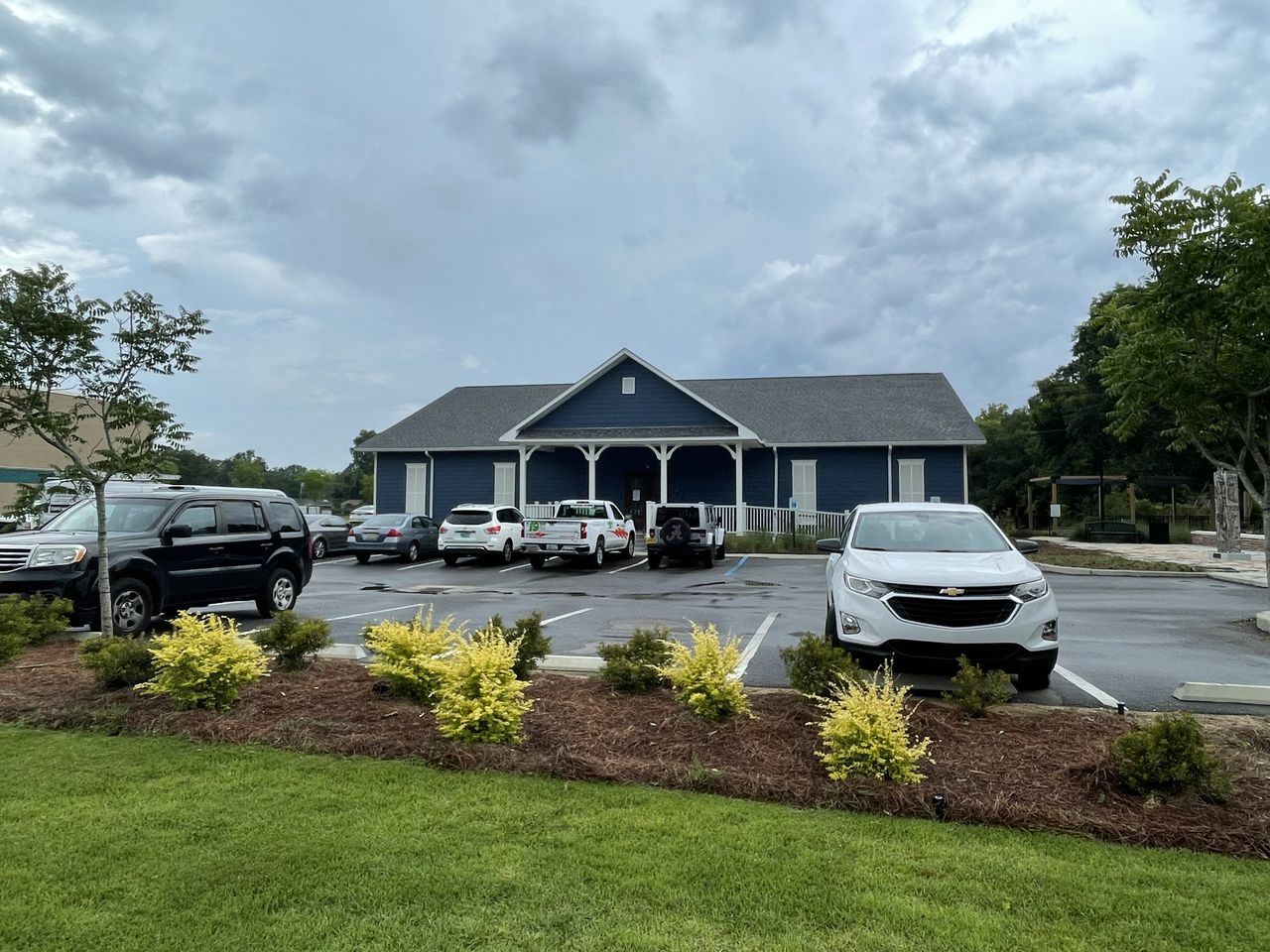Worries over Clotilda ownerâs artifacts surface ahead of Africatown museum opening
Should a new museum dedicated to the survivors of the slave ship Clotilda include artifacts from the vessel’s owner, Timothy Meaher?
That is a question at least one neighborhood activist wants to explore ahead of the opening of a first-of-its-kind museum within the Africatown community north of downtown Mobile.
“It shouldn’t include anything about the Meaher’s,” said Joe Womack, executive director of Africatown-C.H.E.S.S., which stands for a “Clean, Healthy, Educated, Safe, and Sustainable” community.
His concerns focus on artifacts from the descendants of Timothy Meaher, the steamship owner who financed and illegally smuggled 110 Africans from Benin in Africa to Mobile in what became the last transatlantic slave voyage in 1860 – more than 50 years after the practice was banned in the U.S.
The Africans aboard the Clotilda settled into and developed Africatown, a small neighborhood surrounded by heavy industry in a mostly Black neighborhood.
“I think it should go before the entire (Africatown) community for a vote if they believe there should be anything in there from the Meaher family,” Womack added.
The Clotilda Descendants Association (CDA) believes otherwise.
Jeremy Ellis, the CDA’s president and a sixth-generation descendant of Pollee and Rose Allen who were enslaved and on board the Clotilda, told AL.com on Wednesday that from their perspective, the exhibit’s primary focus should be on the 110 survivors aboard the Clotilda and the story of Africatown, the community they founded.
“With that said, there are no concerns from CDA regarding including artifacts from descendants of Timothy Meaher,” Ellis said. “We believe that the Heritage House, Clotilda exhibit, should tell the complete story of the 110 survivors of Clotilda and Africatown. That includes their West African culture, the crime that was committed in 1860 by Timothy Meaher, Captain William Foster, and others as well as their resilience, strength, and courage.”
He added, “If that means including artifacts from the descendants of Timothy Meaher, then so be it. We believe those artifacts would be a part of the complete story, but should not be the focal point.”
The CDA, late last year, met for the first time with direct descendants of Timothy Meaher — Helen and Meg Meaher. According to the Clotilda Descendants in December, the Meaher family agreed to provide artifacts that date back to the ship’s owner for display inside the Heritage House.
The Meaher family, in a statement to AL.com on Thursday, said they donated four items to Meg Fowler, director of the History Museum of Mobile, who is charged with operating “Clotilda: The Exhibition” inside the 5,000-square-foot Heritage House. Fowler could not be reached for comment.
“We are excited for the opening of the Africatown Heritage House,” the family’s statement reads. “In December we spoke to the officers of CDA as well as Meg Fowler regarding the donation of artifacts. Four items were donated. We believe the new museum will allow others to gain a new understanding of the survivors of Clotilda and the story of Africatown.”
Mike Foster, a Montana resident and descendant William Foster – whose reunion with the Clotilda descendants was filmed for a CBS “60 Minutes” broadcast in late 2020 – said there will be no artifacts on display connected with the slave ship’s captain.
Foster, while researching his genealogy, discovered he is a distant cousin of William Foster, who is believed to have burned the ship in the Mobile River. A hull of the ship was discovered in the river’s murky waters in 2019, kickstarting discussions about generating tourism throughout the community.
Ellis said his organization welcome “any artifacts they had to shed light on our ancestors,” including anything from William Foster’s descendants.
“We would welcome those to the Heritage House, Clotilda Exhibit as well to help tell the complete story,” he said. “Unfortunately, nothing transpired from those conversations. (Foster’s descendants) have not been willing to share anything with us.”
The Africatown Heritage House will open amid fanfare during a three-day event that includes a dedication of the $1.3 million museum on Friday.
Even before the museum’s opening, National Geographic dubbed it the South’s “must-visit museum exhibit” in July. A community day, in which the Heritage House will open to the public at 10 a.m., is set for Saturday.
